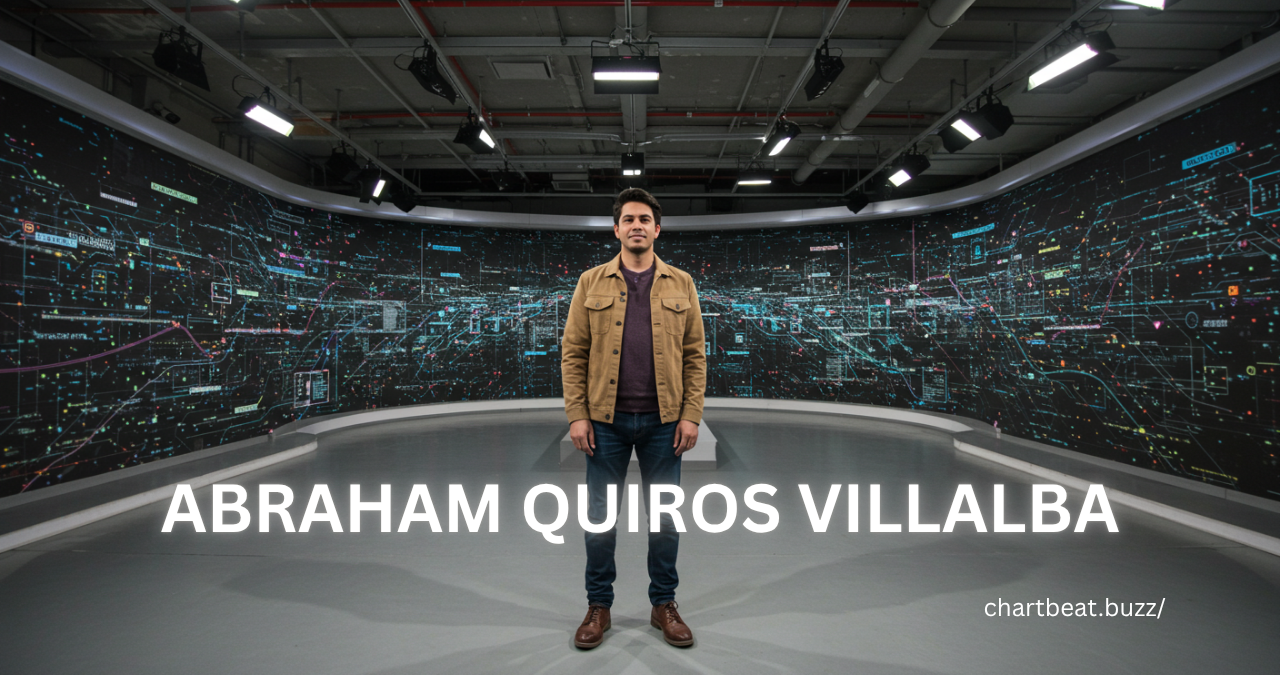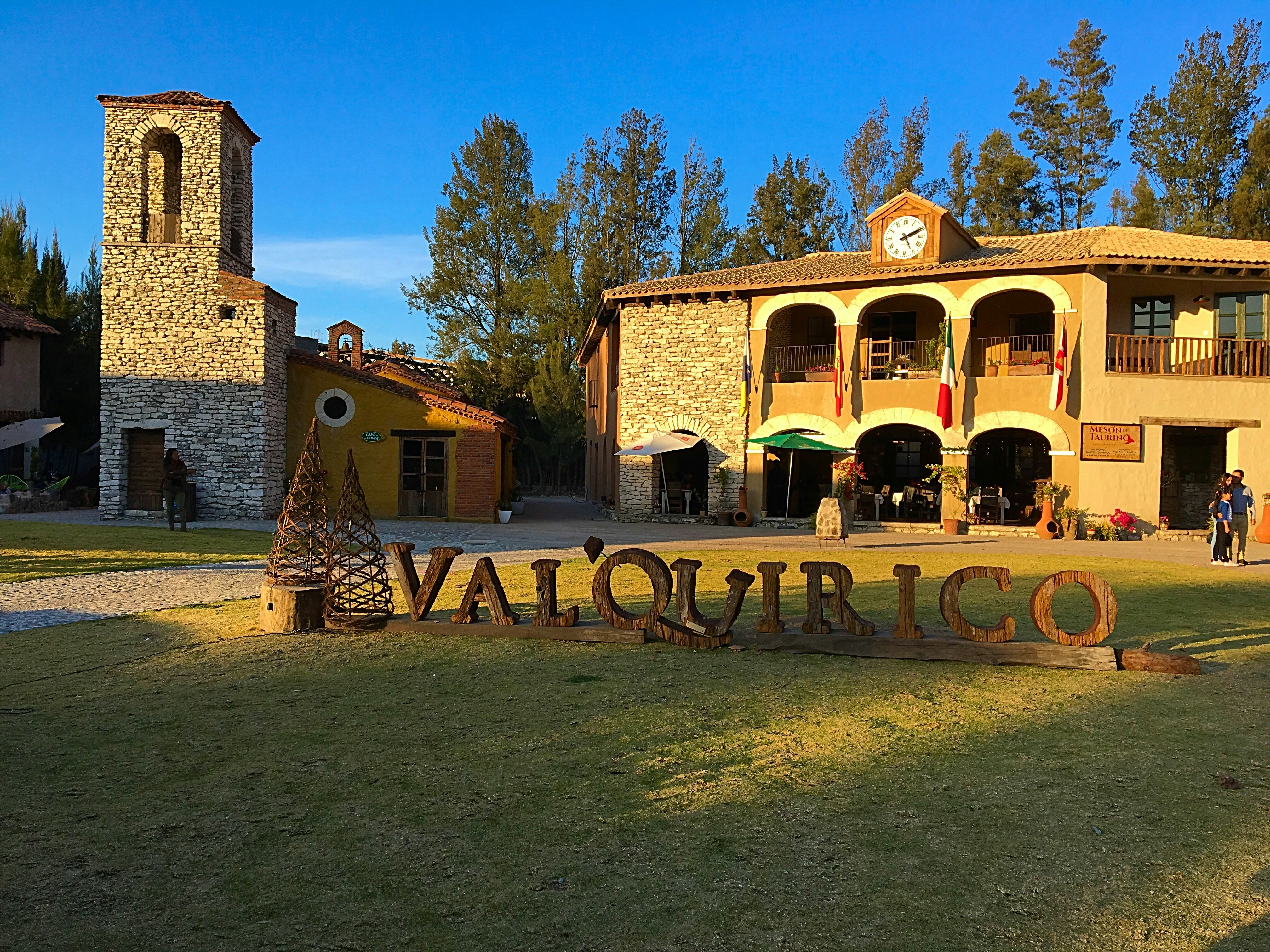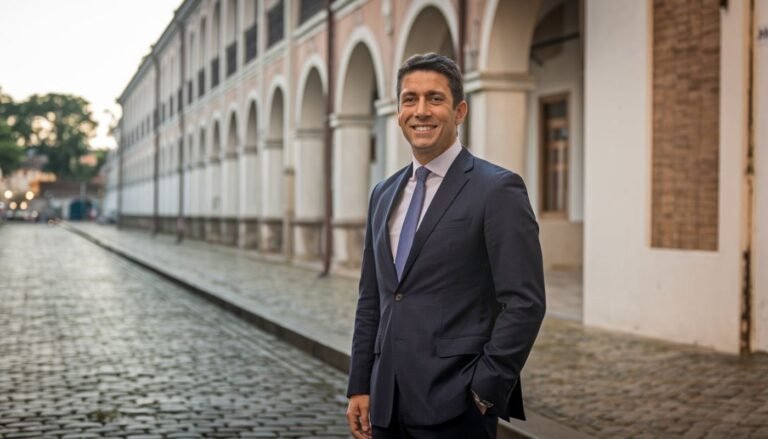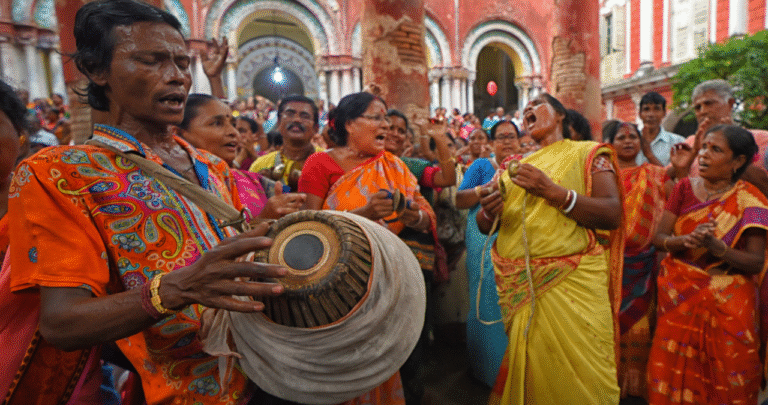
abraham quiros villalbaabraham quiros villalba
Abraham Quiros Villalba
Abraham Quiros Villalba is a prominent figure known for his multifaceted contributions across various domains, particularly in the fields of art and social development. His journey reflects a deep commitment to community engagement and cultural expression, making him an influential character in contemporary society. Born in a period marked by significant socio-economic challenges, Quiros Villalba emerged as a beacon of hope, inspiring many through his proactive initiatives and artistic endeavors.
His contributions encompass a diverse range of activities, from establishing educational programs to fostering creative projects that resonate with the youth. By utilizing his artistic skills, Abraham Quiros Villalba has facilitated platforms that encourage dialogue and innovation, serving as a catalyst for change in his community. His work is characterized by an unwavering belief in the power of art as a transformative tool for social betterment.
Throughout his career, Quiros Villalba has collaborated with various organizations and institutions, positioning himself as a vital player in the landscape of cultural diplomacy. His initiatives are rooted in the understanding that art can bridge divides and cultivate understanding among different groups. This underlying philosophy has not only shaped his professional endeavors but has also established him as a leading figure in discussions surrounding social responsibility within the arts.
To appreciate the full impact of Abraham Quiros Villalba, it is essential to acknowledge the historical and thematic contexts that inform his work. His narrative is intertwined with broader socio-cultural movements, reflecting a commitment to equality and the celebration of diversity. As we delve deeper into his life and accomplishments, we will uncover the significant roles he has played in various projects and the legacies he continues to build.
Historical Background and Comparisons
Abraham Quiros Villalba emerged during a period marked by significant social and political upheaval in Latin America. His life and work were influenced by the broader currents of history, including the wave of modernization that swept across nations in the late twentieth and early twenty-first centuries. This era witnessed the rise of globalization, which not only reshaped economies but also transformed social dynamics, forcing individuals like Quiros Villalba to adapt their perspectives in response to changing realities.

In examining the historical context of Abraham Quiros Villalba’s life, it is essential to consider the socio-economic challenges faced by his community. Issues such as poverty, inequality, and limited access to education created a backdrop that shaped his aspirations and endeavors. Quiros Villalba’s dedication to social justice and community development can be likened to the efforts of other notable figures in similar fields, such as José Martí or Gabriel García Márquez, both of whom sought to address societal inequalities through their work. While each of these figures had unique backgrounds and motivations, their underlying commitment to improving the human condition remains a common thread.
Furthermore, comparisons can be drawn between Quiros Villalba and contemporary leaders in activism and social change. For instance, the work of individuals like Rigoberta Menchú can be seen as parallel to Quiros Villalba’s efforts, as both have sought to amplify marginalized voices while advocating for human rights. This broader historical perspective invites readers to recognize that the challenges Quiros Villalba faced were not unique but part of a continuous struggle for equity and representation that transcends time and geography.
The experiences of Abraham Quiros Villalba illustrate how personal narratives intersect with larger historical movements, ultimately enriching our understanding of social dynamics. By contextualizing his journey within the history of Latin America, it becomes evident how society, culture, and politics interplayed to shape his worldview and mission.
Character and Subject Analysis
Abraham Quiros Villalba emerges as a multifaceted individual whose core values significantly influenced his creative pursuits and thematic explorations. At the heart of his character lies a deep-seated passion for social justice and equity, evidenced by his commitment to addressing contemporary societal issues through various artistic mediums. Quiros Villalba’s motivation stems from his personal experiences, which shaped his perspective on the world and inspired him to advocate for marginalized voices. His work often reflects a profound understanding of the human condition, drawing the audience into a dialogue about resilience, identity, and community.
The subjects engaged by Abraham Quiros Villalba vary widely, yet they consistently resonate with themes of struggle and triumph. Whether depicting the nuances of cultural heritage or portraying the intricacies of human relationships, he employs his art to challenge existing narratives and promote a deeper understanding of diverse experiences. This thematic breadth showcases not only his innovative approach but also his ability to connect with audiences on an emotional level, thereby elevating his work within the broader artistic landscape.
Moreover, Quiros Villalba’s character is marked by an unwavering dedication to authenticity. He navigates the complexities of his subjects with a rare sensitivity, allowing the essence of each narrative to emerge organically. This genuine representation makes his contributions particularly impactful, as they foster a sense of empathy and reflection among viewers. By championing themes that are often overlooked, he carves out a unique space for dialogue and encourages critical discourse regarding societal norms. Abraham Quiros Villalba’s work stands as a testament to the power of art as a vehicle for change, reflecting the depths of his character and the profound themes that define his legacy.
Contemporary Relevance and Future Impact
Abraham Quiros Villalba remains a significant figure whose ideas and contributions resonate with numerous contemporary issues, particularly in the fields of education, social justice, and community development. In the current context, his emphasis on inclusive education and equitable access to resources has become increasingly relevant as societies continue to strive for greater equality. The principles championed by Quiros Villalba serve as a framework for understanding the gaps that persist in educational systems around the world. His work encourages educators to adopt innovative approaches that prioritize the needs of marginalized communities.
Moreover, Quiros Villalba’s advocacy for social cohesion is noteworthy in addressing the polarization seen in many societies today. His principles emphasize dialogue and understanding, qualities that are critical in contemporary discourse surrounding civil rights and community engagement. With the rise of global movements advocating for equity, his philosophies can inspire initiatives that seek to unify diverse groups, encouraging collaborative approaches to societal challenges.
The accessibility of Abraham Quiros Villalba’s ideas is also a defining feature of his continued relevance. His work has been translated and disseminated widely, ensuring that his messages reach a broad audience, from educators to policymakers. This accessibility amplifies the impact of his contributions, enabling individuals and organizations to implement his principles effectively within various contexts.
In terms of critical reception, scholars and practitioners alike have recognized the value of Quiros Villalba’s work as a guiding light for navigating contemporary challenges. His contributions not only enhance theoretical discourse but also provide practical solutions that can be employed in real-world settings.
In conclusion, the ongoing relevance of Abraham Quiros Villalba’s ideals underscores their significance in today’s landscape. His emphasis on inclusivity, community, and social justice not only resonates with current issues but also has the potential to shape future discourse and action in meaningful ways.





